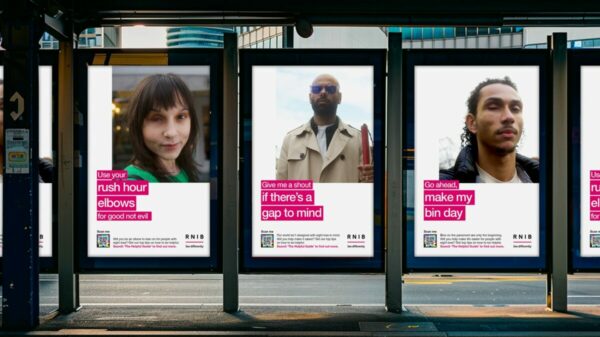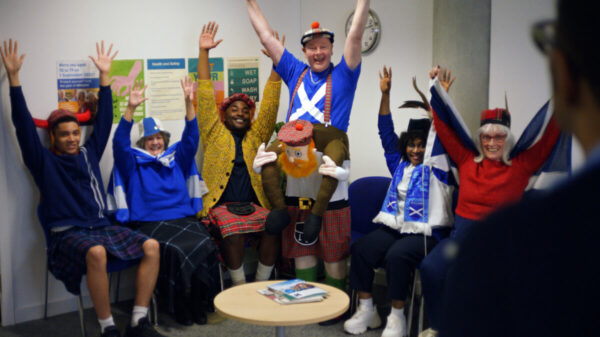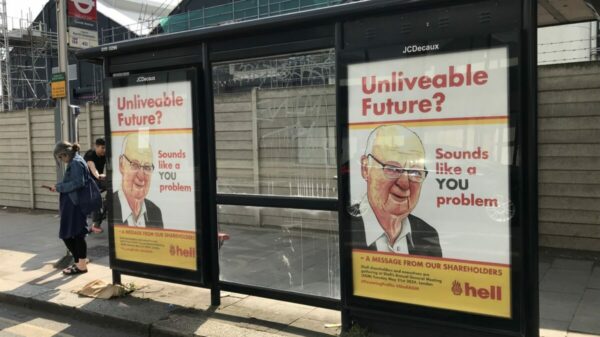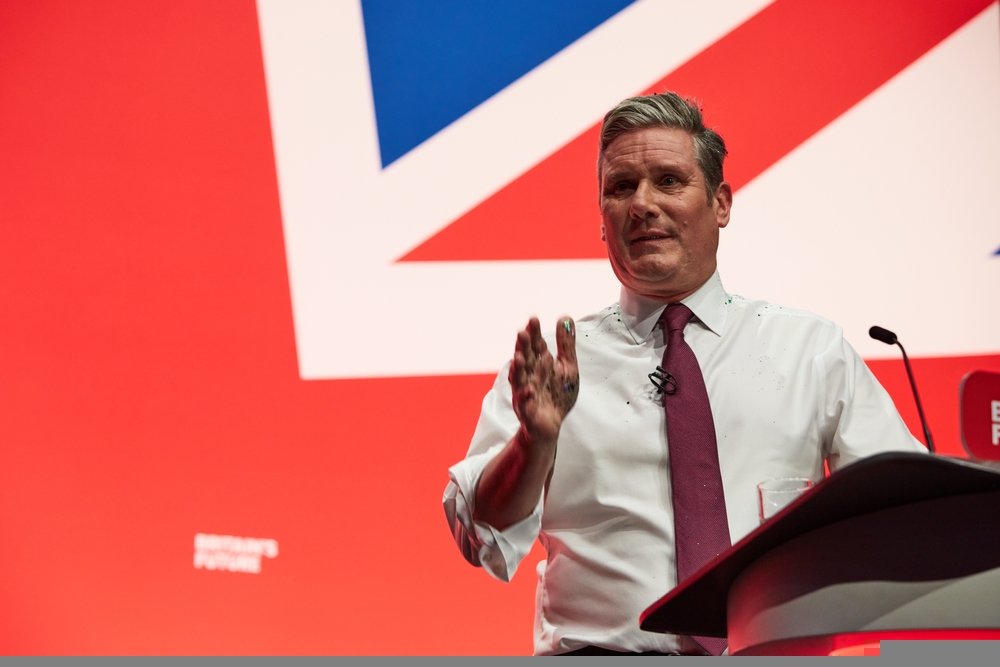Working-class people are significantly underrepresented at senior levels within the creative industries, according to research from social mobility charity Creative Access.
Conducted in partnership with communications firm FleishmanHillard, the study revealed that the upper middle class grossly under-estimates the difficulties that working-class people face within the creative industries.
Almost three-quarters of working-class respondents (73%) agreed that working-class representation is lacking most at senior level – although less than half (46%) of upper and upper middle-class respondents believe the same.
A further indication of the disparity in life experiences was revealed when close to half (44%) of upper and upper middle-class respondents said that they believed social mobility in the UK was easier than ever – in stark contrast to just 16% of working-class respondents.
In general, 74% of those polled believed it was harder for working-class people to land a role in the creative industries full stop, with 70% agreeing that class impacted how someone was perceived by their peers, affecting career progression.
More than two-thirds (67%) singled out the lack of working-class representation at senior level as the most urgent class-related issue needing to be addressed.
“Class is the one area where we really aren’t making progress in the creative industries, the research proves that access to this space is largely still based on contacts and networks which tend to be in close reach for the privileged,” said Creative Access CEO, Bibi Hilton.
Subscribe to Marketing Beat for free
Sign up here to get the latest marketing news sent straight to your inbox each morning
“Our research with FleishmanHillard UK shines a light on these inequities and hopefully kickstarts conversation and action around the stark lack of working-class representation in senior positions.
She continued: “It’s worrying that soft social identifiers are still influencing class prejudice and biases. But as the creative world evolves, we’re urging employers to commit to breaking down these barriers, whether it be levelling up their inclusive hiring or supporting working class staff with access to career support and mentors.”
Moreover, black (75%), mixed or multiple ethnic groups (78%) and Asian (64%) people were more likely to recognise class disparities within the creative industries in comparison to their white counterparts (61%).
A perceived lack of equal reward and resulting discrimination was also signposted by working-class candidates, with only a third (33%) believing they were rewarded equally for their work and contributions. Twice as many (67%) upper and upper middle-class respondents felt that working-class colleagues were in fact fairly rewarded.
FleishmanHillard senior partner and socioeconomic steering group lead, Ben Levine added: “The disparity in opinion between working class and upper-class individuals when it comes to socioeconomic diversity in the creative industries should give us all pause for thought. If we’re not aware of the challenges and barriers facing certain communities in our industry then progress will continue to be slow.
“It’s not a challenge that is unique to any individual organisation or even sector but in the creative industries we are uniquely positioned when it comes to shaping culture and bringing fresh perspectives to old challenges.”









